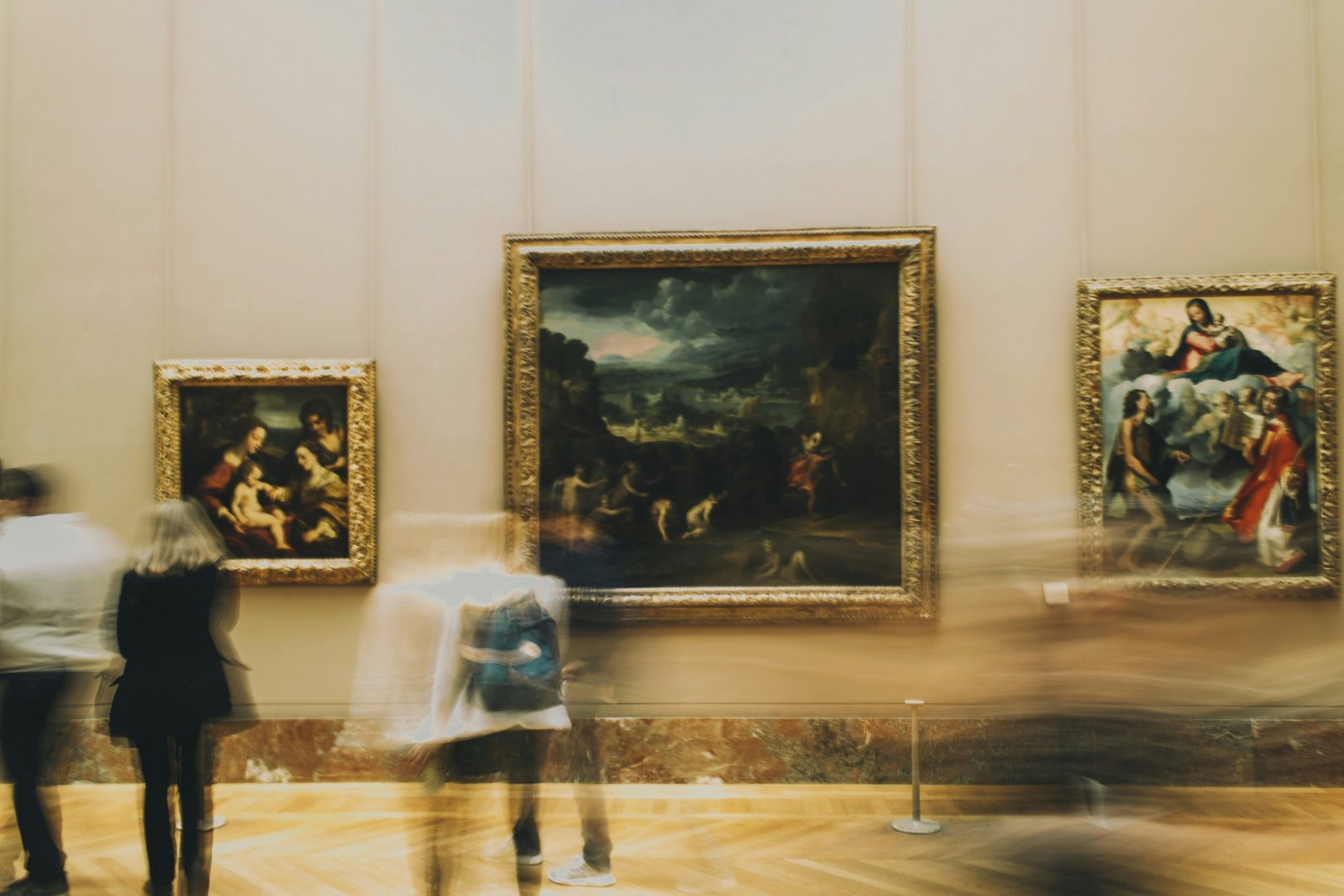The Advisory Commission, formerly known as the Limbach Commission, dealing with the return of Nazi-looted art from Jewish owners, has been facing criticism for its inefficiency. Now, nearly 80 years after the end of National Socialism in Germany the federal government, states and local authorities agreed shaking things up by replacing it with an arbitration court. This fresh approach promises unilateral access. Its decisions would be legally binding but subject to challenge in state administrative courts.

©DiogoFagundes/Unsplash.com
Years of criticism
Over a quarter of a century ago, Germany signed the Washington Principles, aimed at facilitating the return of looted art (around 600,000 artworks) to the descendants of Jewish collectors who were persecuted and expropriated during the National Socialist regime. Since 2003, the Advisory Commission has provided non-binding but politically and morally weighty recommendations in disputes between state, private owners, and heirs. However, its intervention requires mutual consent, allowing accused parties to opt out.
Cases like the Picasso painting “Madame Soler” held in the Bavarian State Painting Collections, is a symbol of the weaknesses of the current system. The descendants of the Mendelssohn banking family consider themselves rightful owners and claim it was stolen, but Bavaria does not view it as Nazi-looted art, hence the state does not refer the matter to the commission.
In two decades, only 25 decisions have been made. Hearings remain private, and recommendation documents are withheld citing data protection.
Arbitration tribunal and the option to lodge a unilateral request for mediation
Jewish organizations and heir families have long demanded unilateral access to the Commission. Recently, the culture ministers of Bavaria, Saxony, and North Rhine-Westphalia proposed replacing the Commission with an arbitration court accessible unilaterally. Although its decisions would be legally binding, they could be challenged in state administrative courts. Details will be clarified by a working group, aiming for implementation by the end of 2024.
Who pays?
Compensating owners for looted art poses a key challenge for future restitution rules. Germany’s ‘Lost Art’ database lists around seventy thousand items, including 1800 paintings, formerly owned by Jews. These are mainly held in privately owned collections or museums supported by public funds. The push for restitution of these cultural assets expropriated during Nazi persecution naturally sparks debate on compensating owners for their lost artworks, often acquired innocently. The true political bargaining over looted art may just be beginning.
The resolution paper on the reform of the Advisory Commission is available for download here (German only).
We will continue to monitor the developments and provide updates as soon as specifics, like the arbitration rules, are established.

